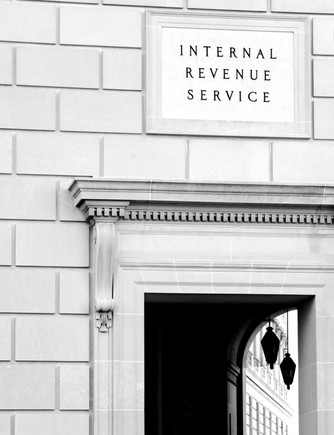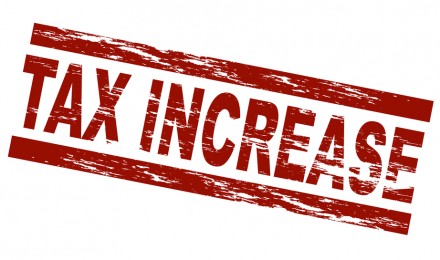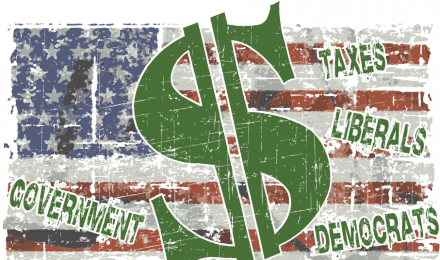The IRS stands for Internal Revenue Service. The job of the IRS is to manage the federal tax code in all its myriad complexities. The IRS serves in a number of important rules to ensure that the U.S. Treasury and federal government has enough money to operate and to ensure that individuals and businesses in the United States pay as required.
What Does the IRS Do?
The IRS is a federal agency that does a number of different things. Some of the tasks of the IRS include:
- Auditing tax returns. An audit means that a representative from the IRS reviews the tax documents filed by an individual or corporate tax payer to determine if any income was underreported, any deductions were improperly taken, or if any other laws and regulations were broken. The purpose of an audit is to find missing tax revenue so it can be collected. Only a very small percentage of tax returns are audited each year.
- Issuing advisory opinions/guidance. The federal tax code is incredibly long and confusing and many people have very little idea of what it means or what their obligations are. The IRS tries to help to make confusing provisions of the tax code more understandable by issuing guidance and definitions. For example, the IRS explains how someone is classified as an Independent Contractor and what their definition of an Independent Contractor is since independent contractors are taxed differently from employees.
- Processes tax refunds. Many, many people in the United States overpay their income taxes. This is because taxes are a pay-as-you go system and money is taken out of your paycheck every time you get a check. Most people have too much money taken out, overpaying the IRS (essentially giving the government an interest free loan) and then getting a refund back after tax time.
- Processing tax returns and collecting tax payments. Individuals and businesses both have to file tax returns and have to pay taxes. The IRS reviews the returns filed by individuals and businesses that explain the amount of money made each year, along with the eligible deductions and credits. The returns determine what each business or individual’s tax liability is and this money is paid to the IRS.
- Prosecuting people who do not pay their taxes. The IRS can put liens on property or bring a case to court to try to jail a person who fails to pay his taxes. This is called tax evasion.
The IRS will also have a new task this year, thanks to the passage of the Patient Protection and Affordable Care Act. This Act requires everyone to have health insurance with a few limited exceptions. If a person doesn’t have health insurance, they are levied a penalty which has been defined as a tax. The IRS will be responsible for reviewing the information on eligible insurance coverage and determining if someone must pay a penalty. The IRS will then have to collect the penalty as part of their tax enforcement.
The job of the IRS is a very important one because the government depends upon revenue from taxpayers to keep the government operational.







